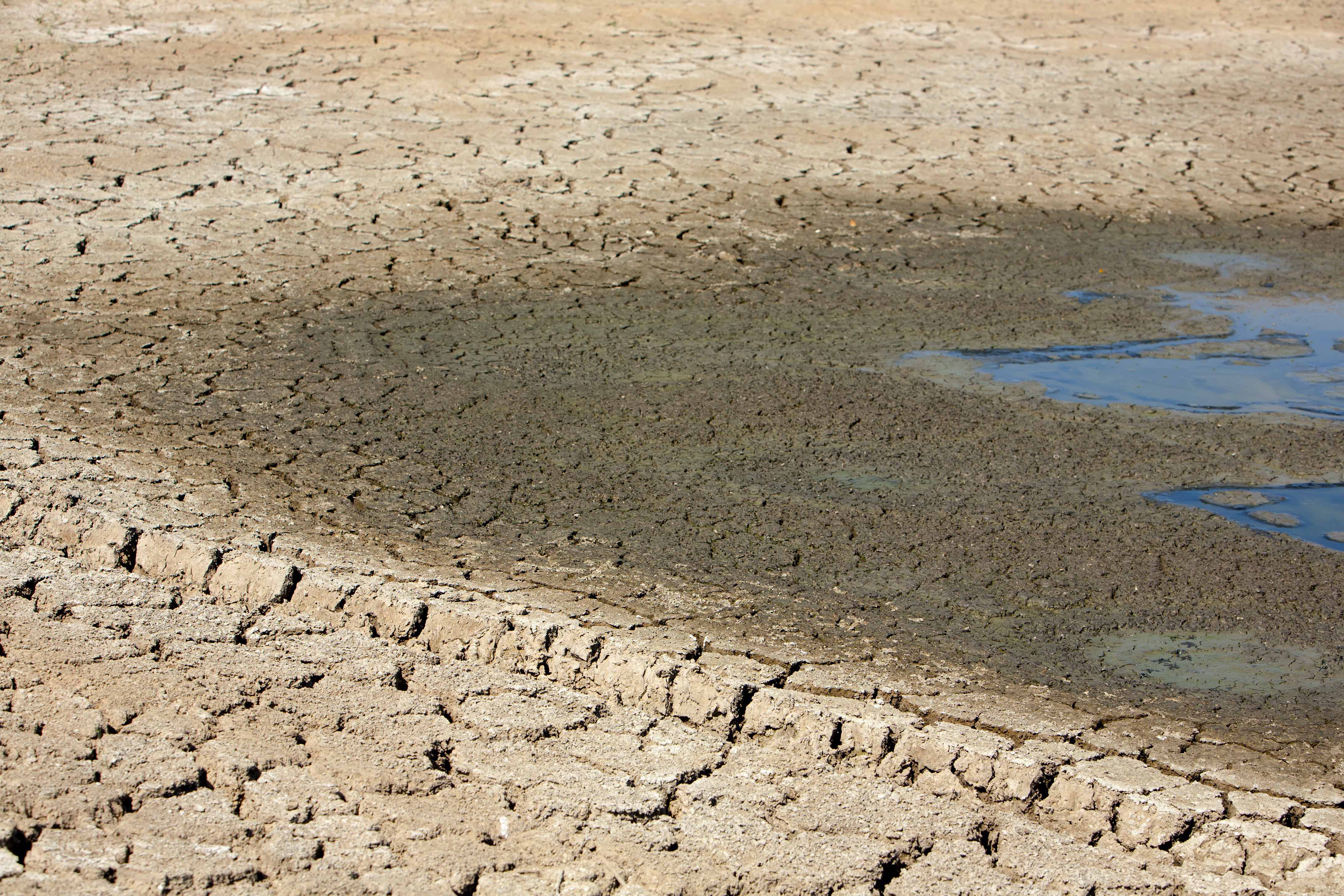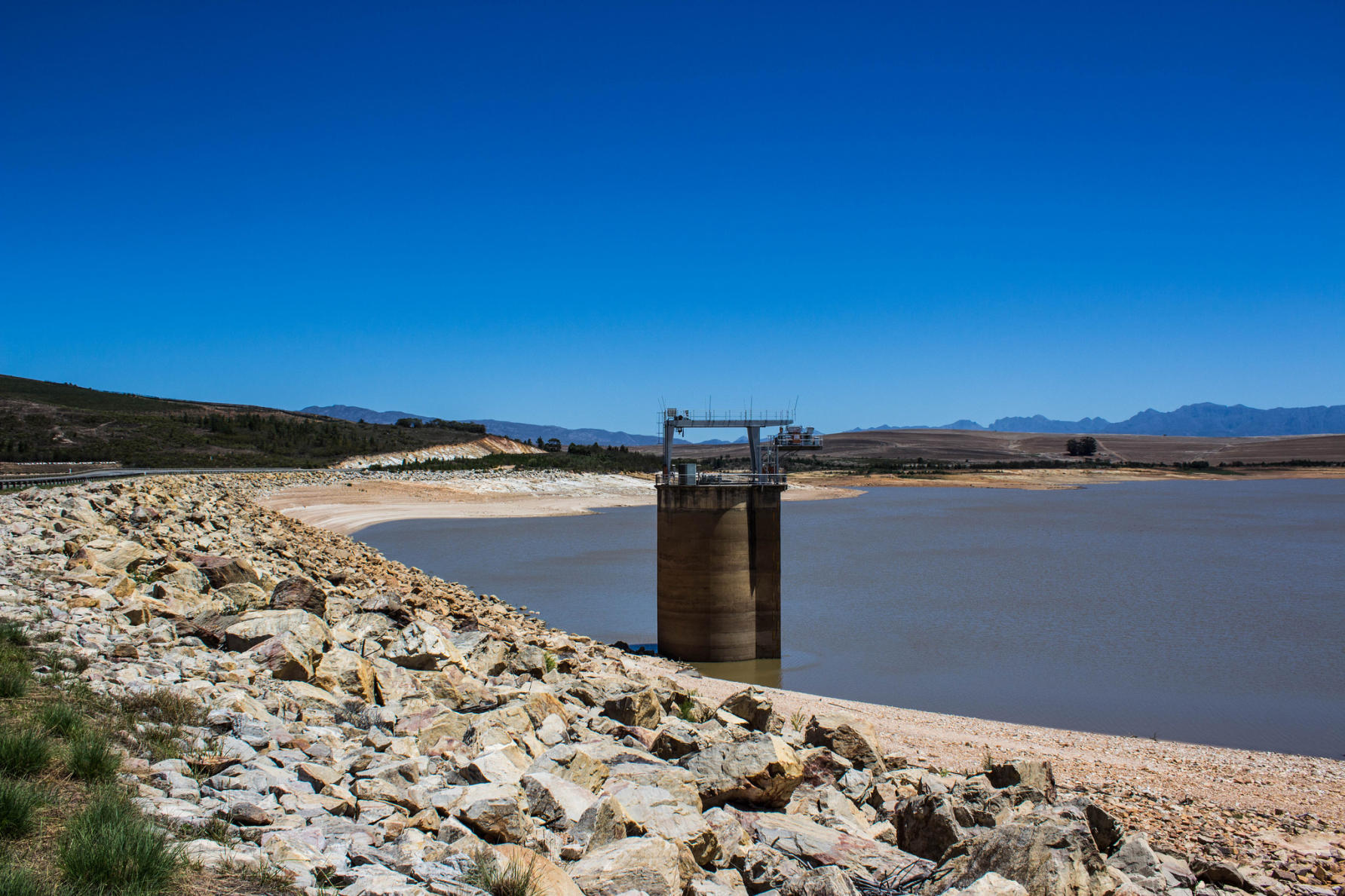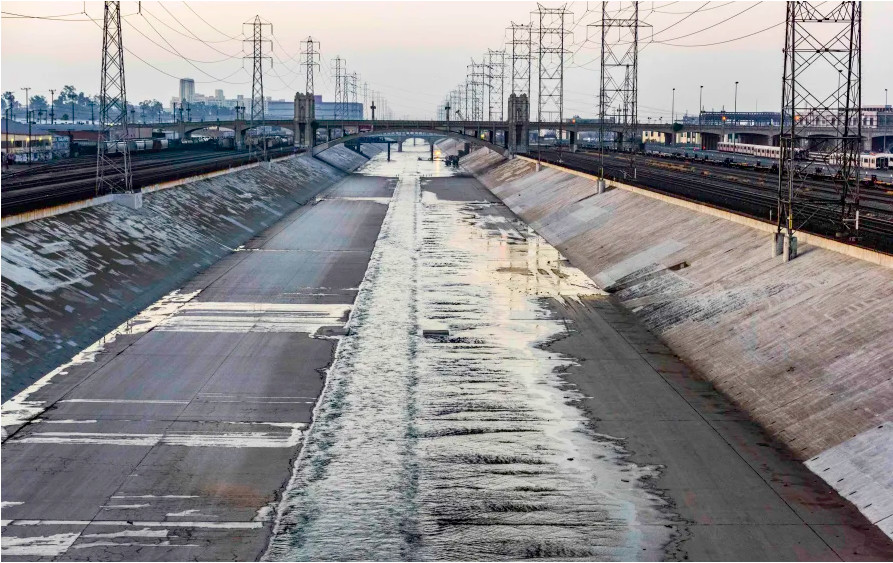
Sciences & Technology
Climate is warming faster now than last 2000 years

Climate extremes are not going away during the pandemic, testing water management to its limits. We need robust inter-disciplinary solutions from climate and social scientists, engineers and lawyers
Published 12 August 2020
The United Nations recently announced that progress towards Sustainable Development Goal 6 on access to clean water and sanitation for all before 2030 is worryingly off-track, bringing to light the challenges facing the water sector worldwide.
This is concerning considering the importance of the target, which includes achieving universal and equitable access to safe and affordable drinking water, and substantially increasing water-use efficiency across all sectors to address water scarcity.

The challenges facing the water sector not only affect the fulfilment of this goal, but have knock-on effects for the achievement of other goals, including those relating to biodiversity, health, food security and gender equality.
Climate change in particular presents significant problems for water provision and UN Water has stated that “water is the primary medium through which we will feel the effects of climate change”.

Sciences & Technology
Climate is warming faster now than last 2000 years
Water scarcity is becoming an increasing threat due to changes in rainfall patterns, increasing water demand and the numerous impacts of rising temperatures and extreme events.
Although the effects of COVID-19 have temporarily reduced CO2 emissions due to decreased industrial output and flight cancellations, it won’t be too long before emissions will resume their upward trajectory – despite increasingly dire warnings of the importance of taking action to tackle climate change.
Existing water management practices are already struggling, with the result that cities such as Cape Town, São Paulo and Beijing are being threatened with water insecurity.
It is clear that we need to transform our water management systems in order to ensure a reliable, universal and sustainable supply.

We urgently need to manage water in a way that that meets social, economic and environmental needs both now and in the future.
But, this challenge is aggravated by the uncertainty of future climate change.

Environment
Water management? Yes, it’s personal
Although we have very high confidence in increasing future global temperatures and many other aspects of the global climate, it is not yet, and may never be, possible to predict precisely how climate change will affect water resources in specific locations on Earth.
In the longer term, this is due in no small part to the substantial uncertainty in future anthropogenic (or man-made) greenhouse gas emissions, as well as climate variability and limits in our current climate modelling capabilities.
The uncertainty in relation to climate change has been described as “deep uncertainty”, which adds complexity to the already multifaceted nature of water management.
Best practice for tackling the uncertainties of climate change in relation to water includes what is called robust, integrated water planning.

Robust planning refers to the design of a system so that it performs well across a vast range of possible futures.

Environment
How to prevent cities from drying up
For example, water supply systems to cities will often incorporate a careful articulation of the risks to the security of the system, based on a representation of the environmental flow requirements, the inflows and outflows, the system losses, and the year-to-year variability in any natural system.
Due to the many functions that water has in the environment – the economy and for society – water planners need support to implement more integrated approaches which promote a co-ordinated response to the management of land, water and other natural resources.
To implement robust, integrated water management and planning, we need to explicitly include multi-disciplinary expertise in simulation and decision-making structures.
Effectively managing the problem of water scarcity requires the input of engineers, hydrologists, climate scientists, social scientists, policy experts and lawyers to understand, and to minimise, negative consequences.

Law has a key part to play in providing a framework for decision-makers in relation to water management. But, here again, deep uncertainty creates problems.
Certainty and stability are often key goals of a legal framework. It’s important that citizens and institutions know the rules so they can order their lives and operations accordingly.

Sciences & Technology
Bushfires and storms threaten water supply and much more
However, this means that the law can be difficult to change and becomes unresponsive to social or environmental transformations.
When there are unpredictable changes to our natural environment, which affect the availability of water, and which could have broad-ranging effects on communities, an adaptive and robust legal response is required.
An adaptive legal framework in the context of the deep uncertainty of climate change may involve giving high levels of discretion to decision-makers regarding investment and allocation of resources.
This discretion, however, cannot be completely unfettered and should be guided by fundamental legal principles to ensure that discretion is exercised in a manner that is just and equitable.
This requires giving attention to what consequences the use of this discretion has on disadvantaged or marginalised groups – like low income families, people with disabilities, subsistence farmers and Indigenous people – in order to safeguard the fair distribution of the benefits and burdens of sustainable water management.

Even if we provide an adaptive legal framework for robust integrated decision-making, there are still risks associated with discretion.
Arguably, humans are not rational individuals.

As such, our decision-making, and therefore those of policymakers, will be subject to various amounts of inputs or biases based on our own experiences, values and knowledge.
A 2017 study of water professionals explored the biases of water practitioners and found that water decision-makers were most concerned about reputation and community sentiment over and above other crucial issues, like public health, cost and safety.
This highlights how important it is for both policymakers and the public to understand how discretionary decision-making works and to push for more robust interdisciplinary decision-making processes. This, in turn, will increase trust between governments and the community.
Ultimately, to tackle the challenges of water scarcity both now and in the future, we need an approach to water management which caters for the deep uncertainty of climate change.

We need climate experts, social scientists, engineers, lawyers and many others to collectively engage with the problem and develop effective inter-disciplinary solutions.
The coronavirus outbreak shows us the need for comprehensive and coordinated action to address a short-term global crisis.
As climate change hastens, we face a much longer-term crisis – unfolding as a series of short-term emergencies. This will inevitably include the threat of severe water shortages around the world.
Coordinated interdisciplinary approaches to robust, integrated water management, together with an adaptive legal framework, may provide the answer to meeting our 2030 Sustainable Development Goal on access to water and sanitation for all.
Banner: Shutterstock